Every single problem a student solves will give them experience points along different abilities—whether in counting, multiplication, addition, number sense, all the way through trigonometry—and achievements for each step completed.
The Education Revolution: Reimagining Learning for the 21st Century
education
technology
moving forward
8 min
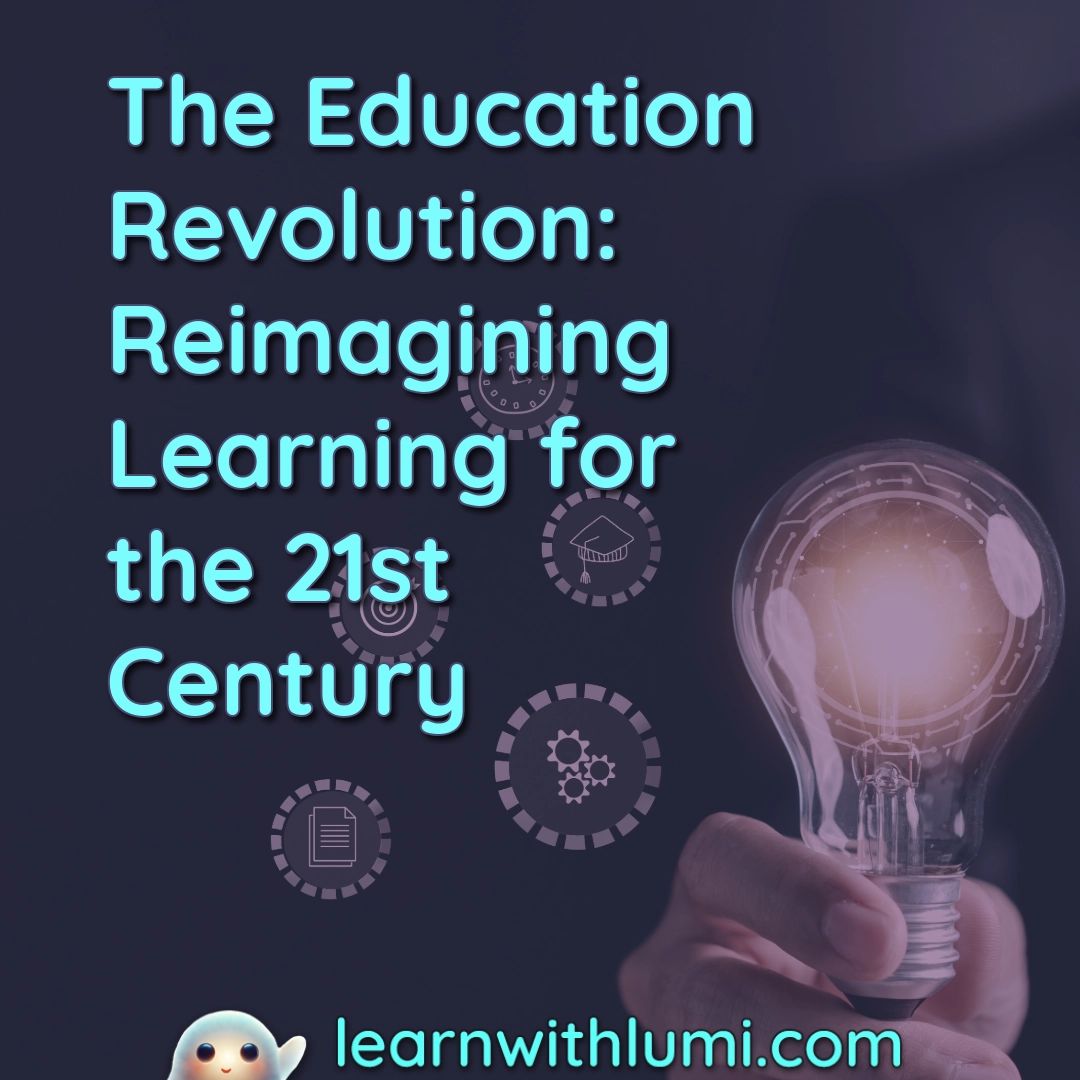
Traditional education hasn't changed since the 1800s despite our rapidly evolving world. Learn with Lumi offers a solution through "modular learning" - shorter, interconnected 40-day courses that explore subjects through multiple perspectives rather than traditional semester-long classes. This approach makes learning more engaging by connecting subjects to real-world applications, replacing grades with an experience-point system that tracks actual skill development, embracing AI as a tool rather than a threat, and focusing on helping students discover purpose and meaning in their education. The goal is creating well-rounded individuals prepared for a rapidly changing future rather than just passing standardized tests.
The Education Revolution: Reimagining Learning for the 21st Century
In a world where technological innovation accelerates by the day, our education system remains frozen in time—a relic of the industrial age designed to produce factory workers, not creative problem-solvers. While smartphones have replaced rotary phones and AI assistants have replaced encyclopedias, most classrooms still operate on principles established in the 1800s. This stark disconnect isn't just disappointing—it's failing our children and their futures.
One way to combat this problem is through the innovative approaches such as those we are developing at Learn with Lumi. This educational initiative is pioneering a renaissance with fresh design concepts, including "modular learning"—an approach that promises to transform education from the ground up.
Breaking the Mold: The Modular Learning Revolution
The modular approach can be described as the IKEA version of education, creating courses that offer deep-dive experiences through the context of one subject into another, creating a cross-subject meshing of topics.
This revolutionary approach shatters the traditional 160-180 day course structure in favor of dynamic, interconnected shorter modules, such as a 40-day span, which allows students to explore subjects through multiple lenses. Imagine learning psychology not as an isolated discipline but as a vibrant network connecting to behavioral science, chemistry, and biology—all taught through the perspectives of professionals who apply these principles in their daily work.
The methodology involves taking standard textbooks and creating shorter courses, then augmenting them with other short courses that delve more deeply into individual topics. This provides interesting ways to launch a subject in a direction that's more consumable by students, more relatable, and actually more useful for their ultimate career choices.
This isn't just education; it's exploration—a journey that ignites curiosity and reveals the hidden connections between disciplines that make learning not just meaningful, but magical.
Rekindling the Math Spark: From Drudgery to Discovery
Ask a classroom of students to name their favorite subject, and how many enthusiastically shout "Math!"? The silence is deafening—and revealing. Yet mathematics is the universal language that underpins everything from music to architecture, from economics to art.
The wonderful thing about math is its omnipresence in everything we do, which is exactly the opposite of what's typically taught in elementary school.
We propose nothing short of a complete reimagining of mathematics education. Rather than forcing students through a one-size-fits-all curriculum of abstract concepts and rote memorization, the vision is for math taught through tangible, real-world applications that captivate the imagination.
Picture a child designing a bridge using computer-aided design software, calculating load-bearing requirements, and then building a physical model—learning geometry, measurement, proportion, and structural principles without ever feeling like they're "doing math." Or imagine students exploring mathematical concepts through architecture, discovering how the golden ratio appears in nature and classic buildings, connecting numbers to beauty and harmony.
Mathematics represents our universe in a way that we can talk about, elevating it from a series of calculations to a profound way of seeing and understanding our world.
This approach doesn't just teach arithmetic—it cultivates mathematical thinking, spatial reasoning, and creative problem-solving while giving students the exhilaration of creating something real and meaningful. The result? Students who don't just tolerate math but are drawn to its power and possibility.
Learning by Doing: The Project-Based Revolution
Another key aspect of our vision lies in project-based learning—an approach that transforms passive students into active creators, innovators, and problem-solvers.
Building the habit of recording work that is presentable to the world professionally is emphasized, showing how even young students can develop portfolios of meaningful projects that demonstrate both their knowledge and their ability to apply it.
This isn't busywork or hypothetical exercises—it's authentic creation with purpose and audience. Students might design sustainable housing solutions, create interactive educational games, or develop community improvement proposals—projects that demand cross-disciplinary thinking and produce tangible results they can proudly share.
Such an approach doesn't just deepen understanding of academic content; it nurtures essential workplace skills like collaboration, communication, time management, and adaptability. Students learn to give and receive feedback, iterate on their work, and present their ideas persuasively—precisely the skills employers consistently rank as most valuable and most lacking in traditional education graduates.
Beyond Grades: Gamification and the Experience Point Revolution
Remember the thrill of "leveling up" in your favorite game? The satisfaction of watching your character grow stronger with each challenge overcome? We are harnessing that powerful motivational force through an innovative experience point system that replaces traditional, anxiety-inducing letter grades.
This isn't just slapping game mechanics onto old educational models—it's a fundamental reimagining of how we measure and motivate learning. Unlike traditional grading, which often reduces complex learning to a single letter or number and encourages comparison between students, the experience point system:
- Celebrates growth rather than judgment
- Provides immediate, encouraging feedback
- Makes progress visible and satisfying
- Allows students to advance at their optimal pace
- Recognizes multiple paths to mastery
- Transforms "failure" into valuable learning opportunities
What students actually like to do most is solving challenging things they can make progress on and feel like they've accomplished something. The experience point system ensures every student regularly experiences that satisfaction of achievement—the intrinsic reward that fuels continued effort and engagement.
The tendency to gamify work mentally—referring to project contributions as real-life XP—can be harnessed. By teaching students to find joy in achievement and progress, our approach isn't just preparing them for academic success—it's equipping them with the mindset for lifelong growth and fulfillment.
Embracing AI: From Threat to Transformative Tool
While many educators view artificial intelligence with trepidation—a sophisticated new way for students to cheat—we recognize it as both a catalyst for necessary change and a powerful tool for personalized learning.
Much change is coming, and it will be forced by AI. Continuing along the current path where there's contention between schools and students creates an arms race that needn't exist.
Rather than fighting against technological progress, we propose embracing it—reimagining education for an AI-enhanced world. In this vision, AI becomes not a substitute for thinking but a tool that enables more sophisticated learning: analyzing data, providing immediate feedback, adapting content to individual needs, and freeing teachers to focus on mentoring, inspiration, and human connection.
For the first time, high-quality, one-on-one education approaching the best from a personal tutor can be provided economically, highlighting AI's potential to democratize access to personalized learning that was previously available only to the privileged few.
This integration of AI doesn't diminish the human element of education—it elevates it, allowing for deeper connections and more meaningful interactions by automating the mechanical aspects of teaching while preserving the inspirational, relational core that truly transforms lives.
Nurturing Purpose: The Power of Life Goals
Perhaps the most profound aspect of our vision transcends specific methodologies or technologies—it's the unwavering focus on helping students discover purpose and meaning in their learning journey.
Having a life goal is presented as the key factor that helps young people avoid poor choices. Even if a young person isn't certain about their ultimate life path, simply having a goal, having something that drives them, can provide essential direction and motivation.
In an age of increasing youth anxiety, depression, and disconnection, this emphasis on purpose stands as perhaps the most revolutionary aspect of the approach. By connecting learning to students' passions, interests, and aspirations, education becomes not just information transmission but a meaningful journey of self-discovery and growth.
What needs to matter most is what students are doing with their time to prepare for a life of self-actualization. This perspective shifts education's focus from standardized content to the development of whole human beings—curious, confident, compassionate individuals equipped to create lives of purpose and contribution.
Joining the Movement: A Call to Educational Revolution
We recognize that transforming education is no small undertaking—it requires collaboration between parents, educators, students, policymakers, and innovators. The vision is both ambitious and urgent: nothing less than a complete reimagining of how we prepare young people for a rapidly changing world.
The world we're moving into—and much of what's happening in education currently—points toward inevitable change. This change is necessary, and we should embrace this opportunity for transformation.
The invitation is clear: join a movement to create an educational experience that doesn't just prepare students for tests but prepares them for life—an experience that ignites curiosity, cultivates critical thinking, and nurtures the unique potential within each child.
The future could be exciting, amazing, and wonderful—giving children what will make them successful and happy.
In a world where change is the only constant, Learn with Lumi offers a vision of education that embraces innovation while staying grounded in timeless wisdom about how humans learn best. It's a vision where technology enhances rather than replaces human connection, where individual differences are celebrated rather than standardized away, and where education becomes not something done to students but a journey they embark upon with joy and purpose.
The future of education is not predetermined—it will be shaped by the choices we make today. I think we should all choose a future where learning is once again what it should always have been: a wondrous adventure of discovery, growth, and transformation that prepares young people not just to survive in the world they'll inherit, but to reimagine and recreate it.
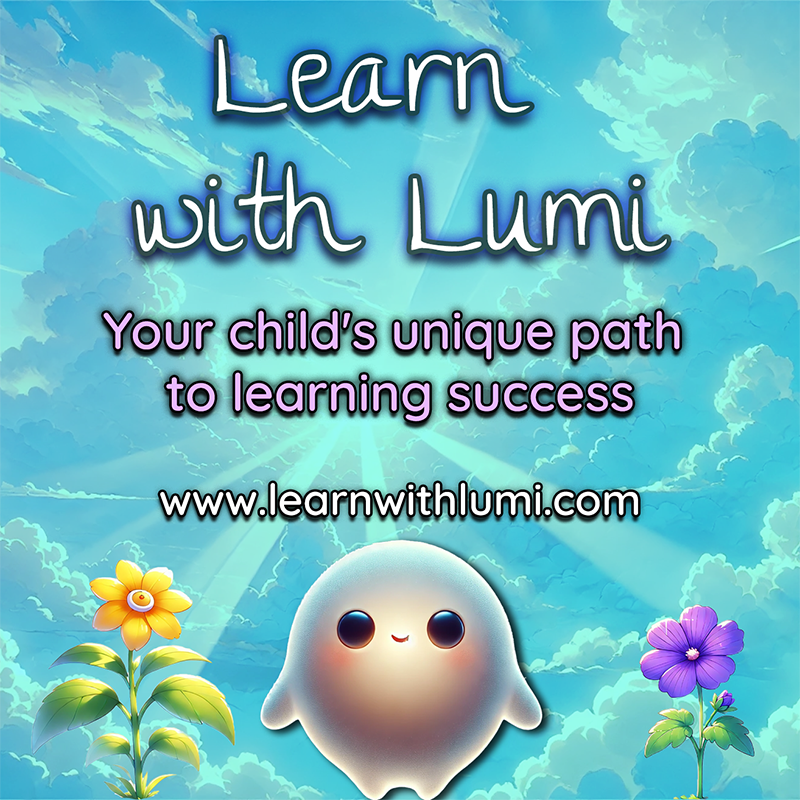
Learn with Lumi is a super-powered educational platform perfect for complete curriculum implementation or targeted learning enrichment. Developed by DarkViolet.ai, this versatile platform delivers personalized instruction that adapts to each student's needs and sets higher academic standards through customized learning paths, interactive lessons, and comprehensive progress tracking.
Discover how Learn with Lumi can transform your educational experience.
More Articles
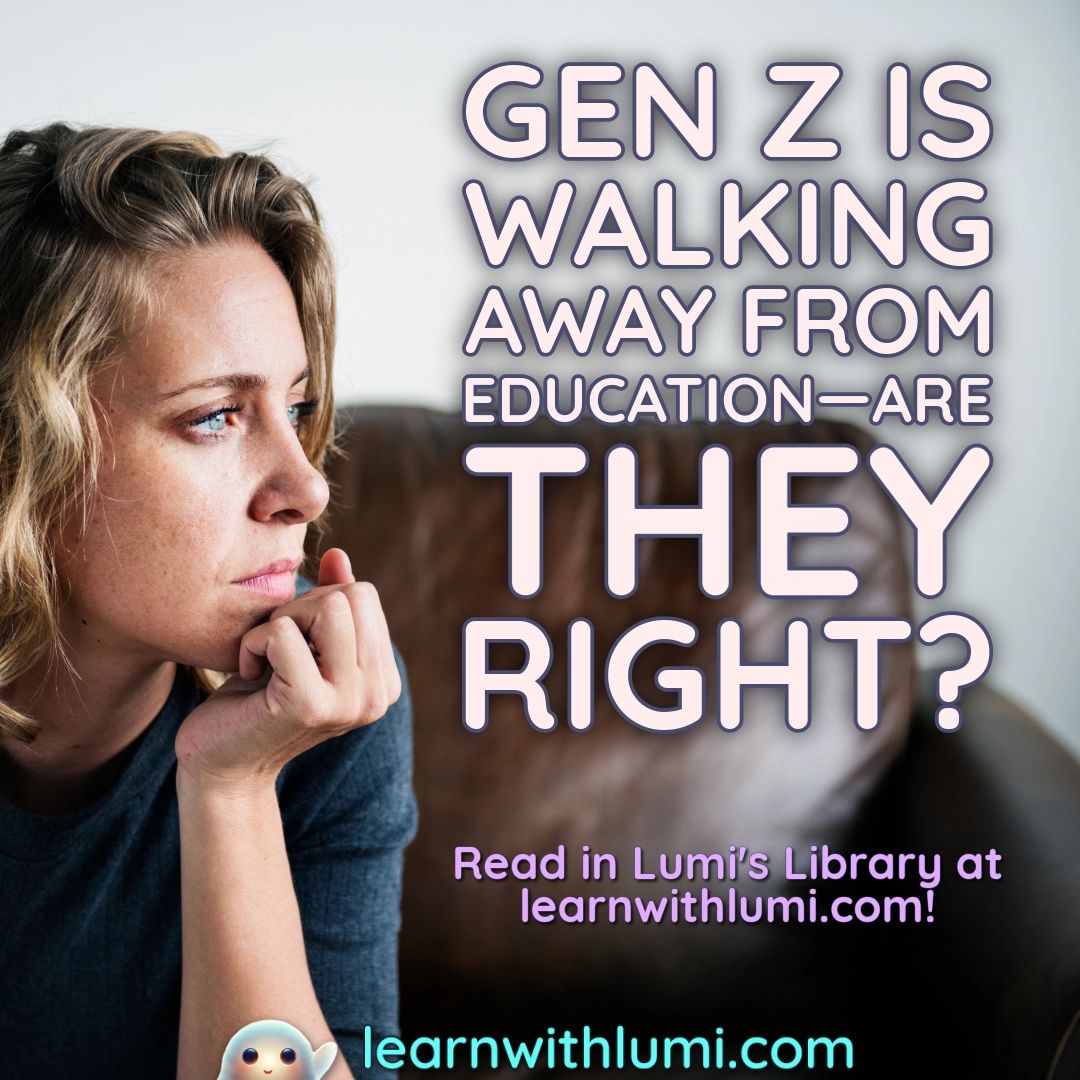
Gen Z Is Walking Away from Education—Are They Right?
8 min read
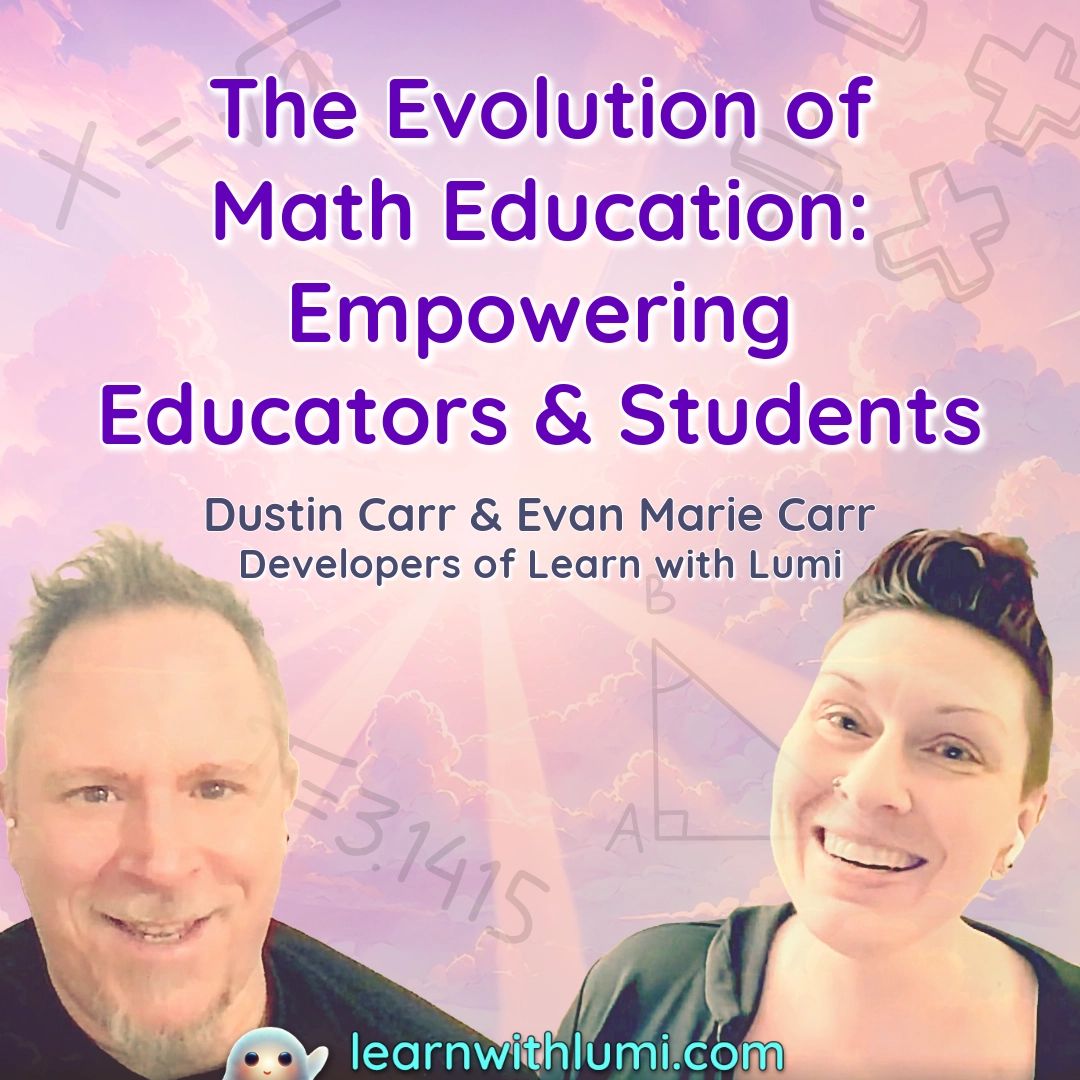
Empowering Teachers Through AI-Enhanced Education
12 min read

Homeschool Laws in the United States: An In-Depth Guide
12 min read
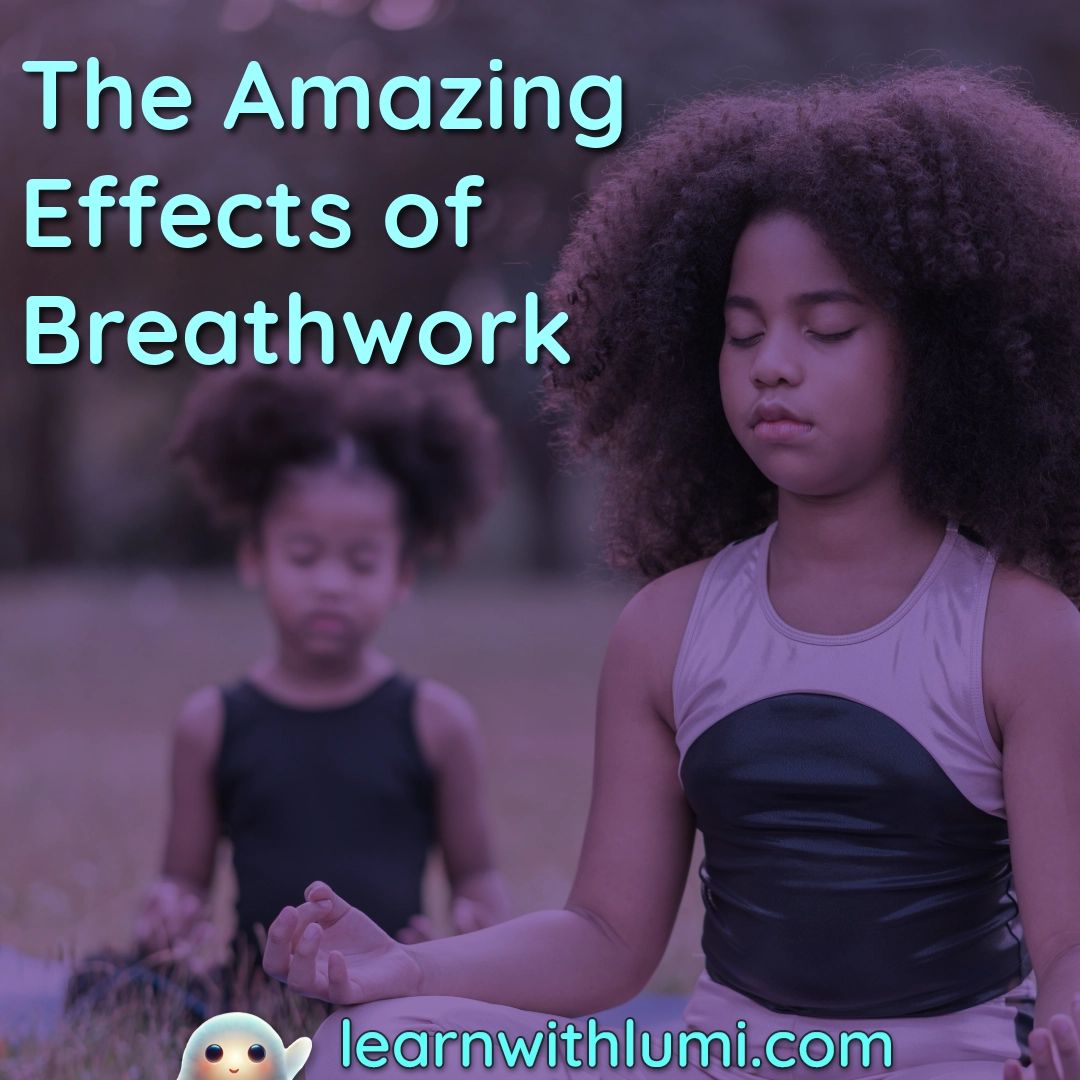
The Amazing Effects of Breathwork
10 min read
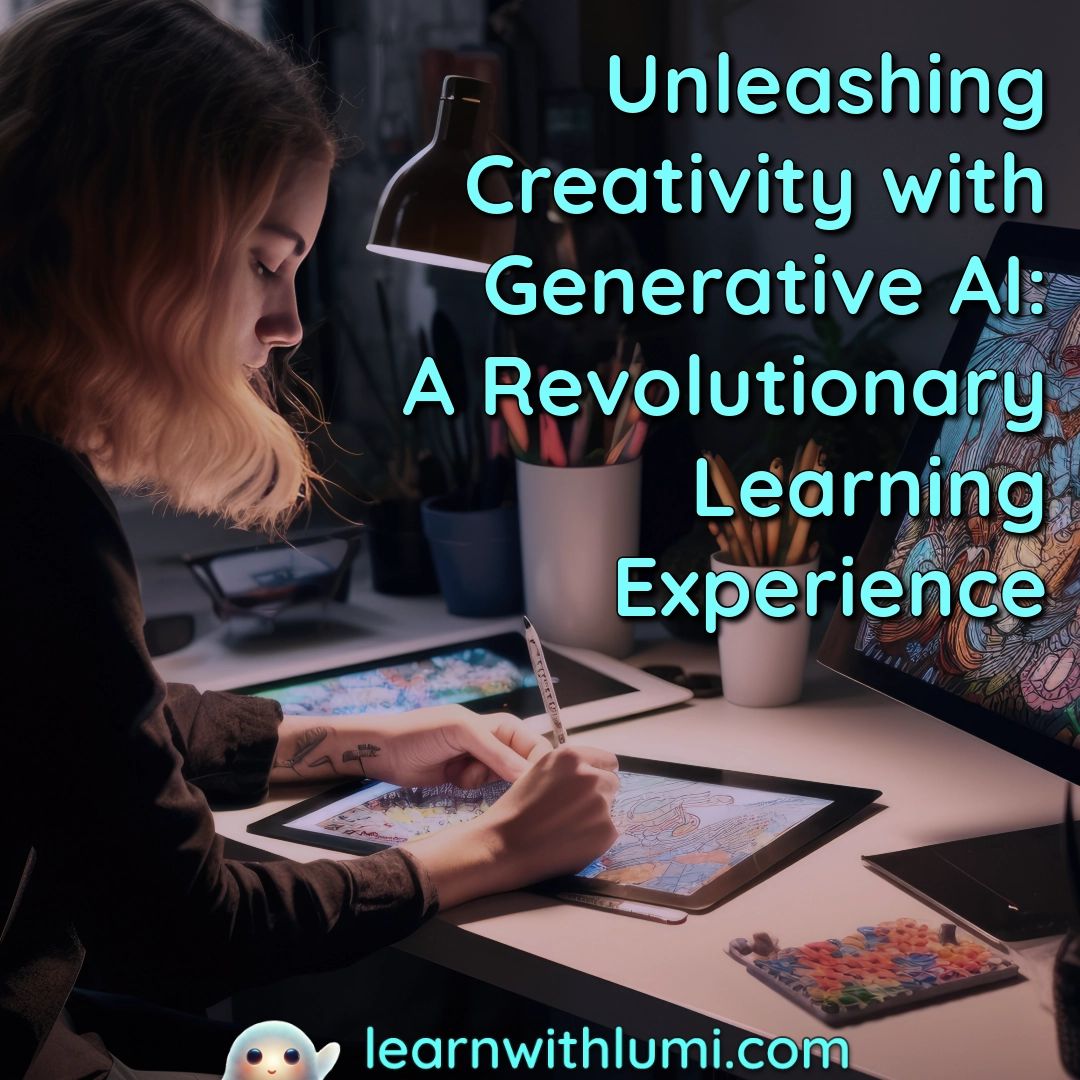
Unleashing Creativity with Generative AI: A Revolutionary Learning Experience
5 min read
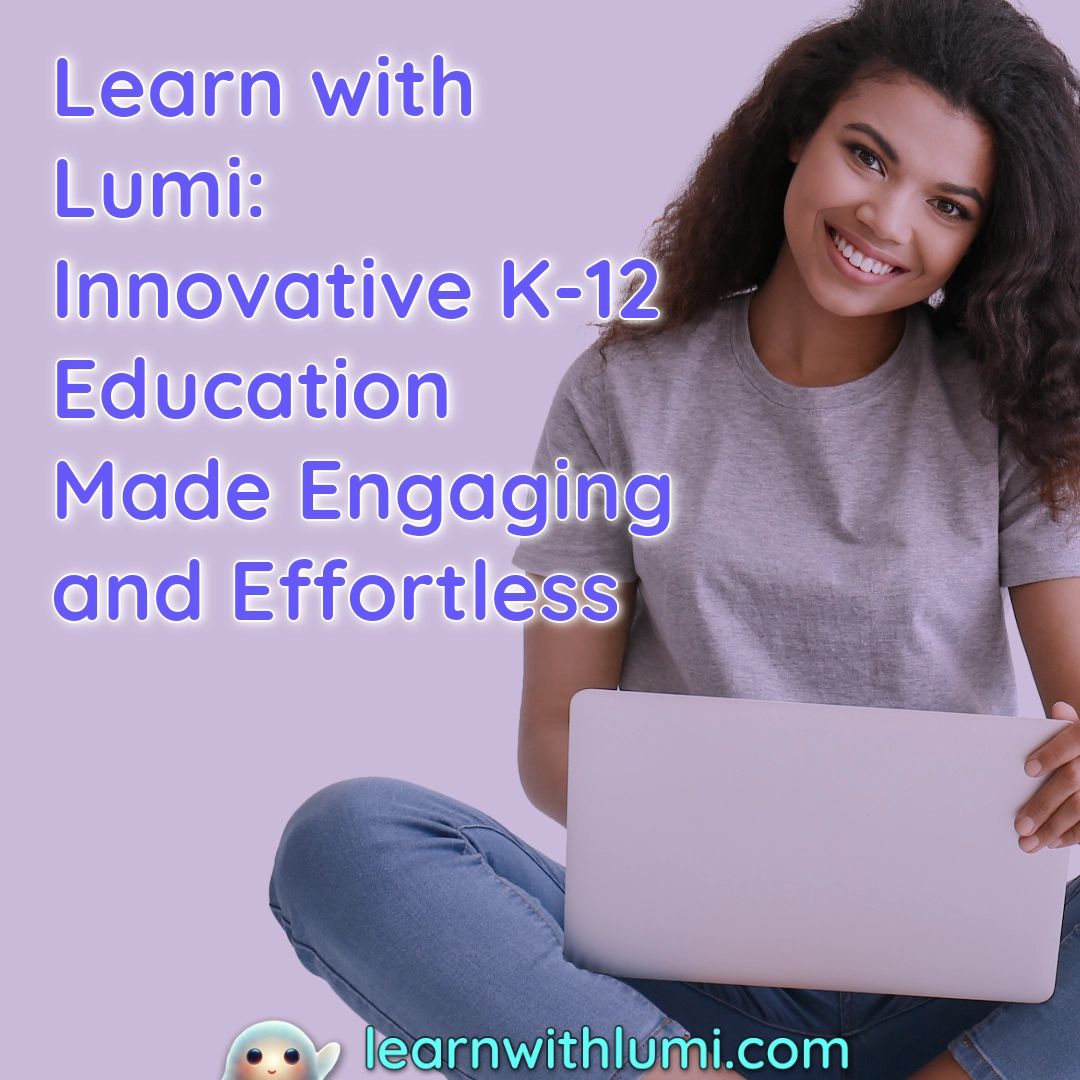
Learn with Lumi: Innovative K-12 Education Made Engaging and Effortless
11 min read
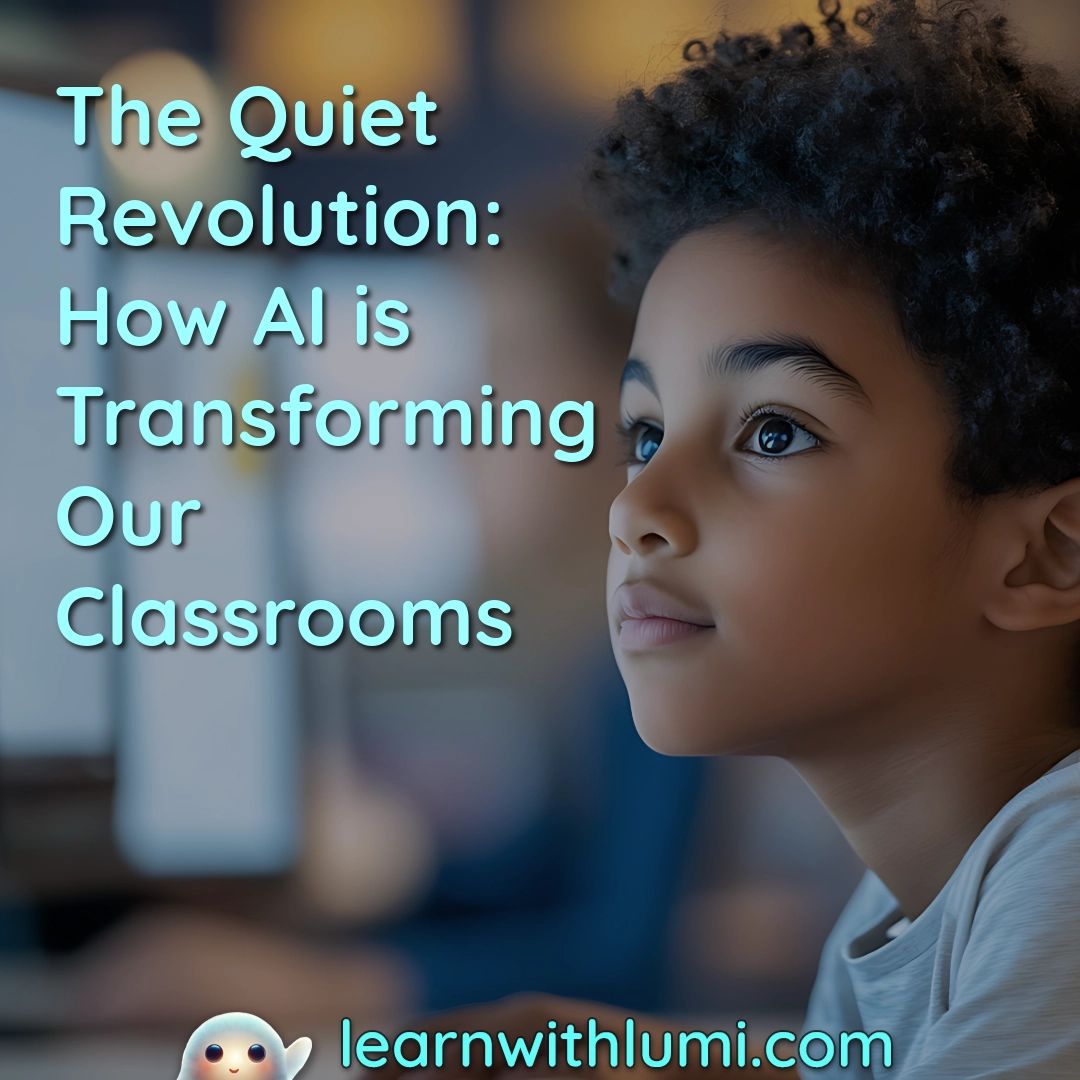
The Quiet Revolution: How AI is Transforming Our Classrooms
5 min read

A Literacy Renaissance: What the Mississippi Miracle Teaches Us About Reading, Research, and Renewal
5 min read
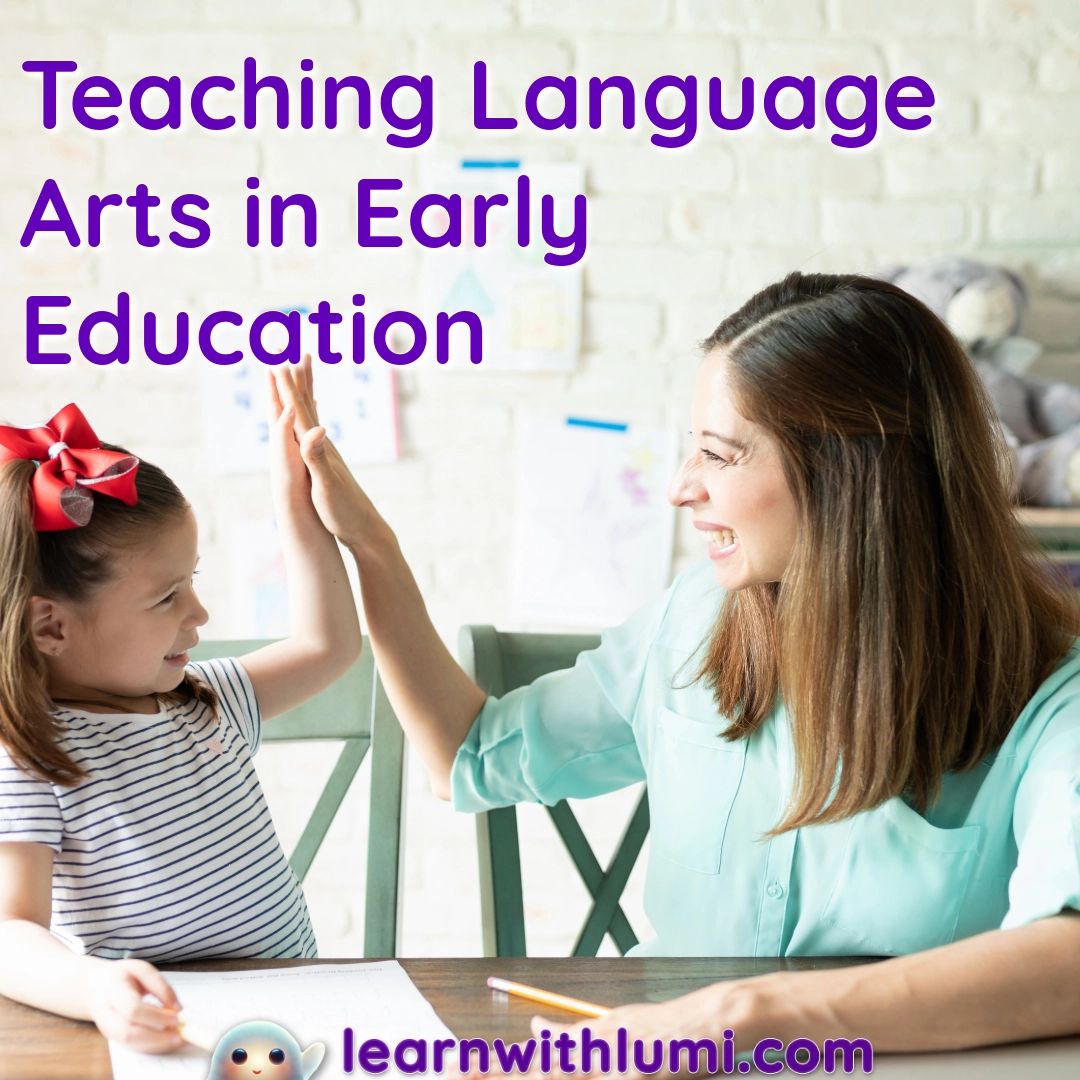
Teaching Language Arts in Early Education
15 min read

A Homeschooling Guide for Newbies
9 min read
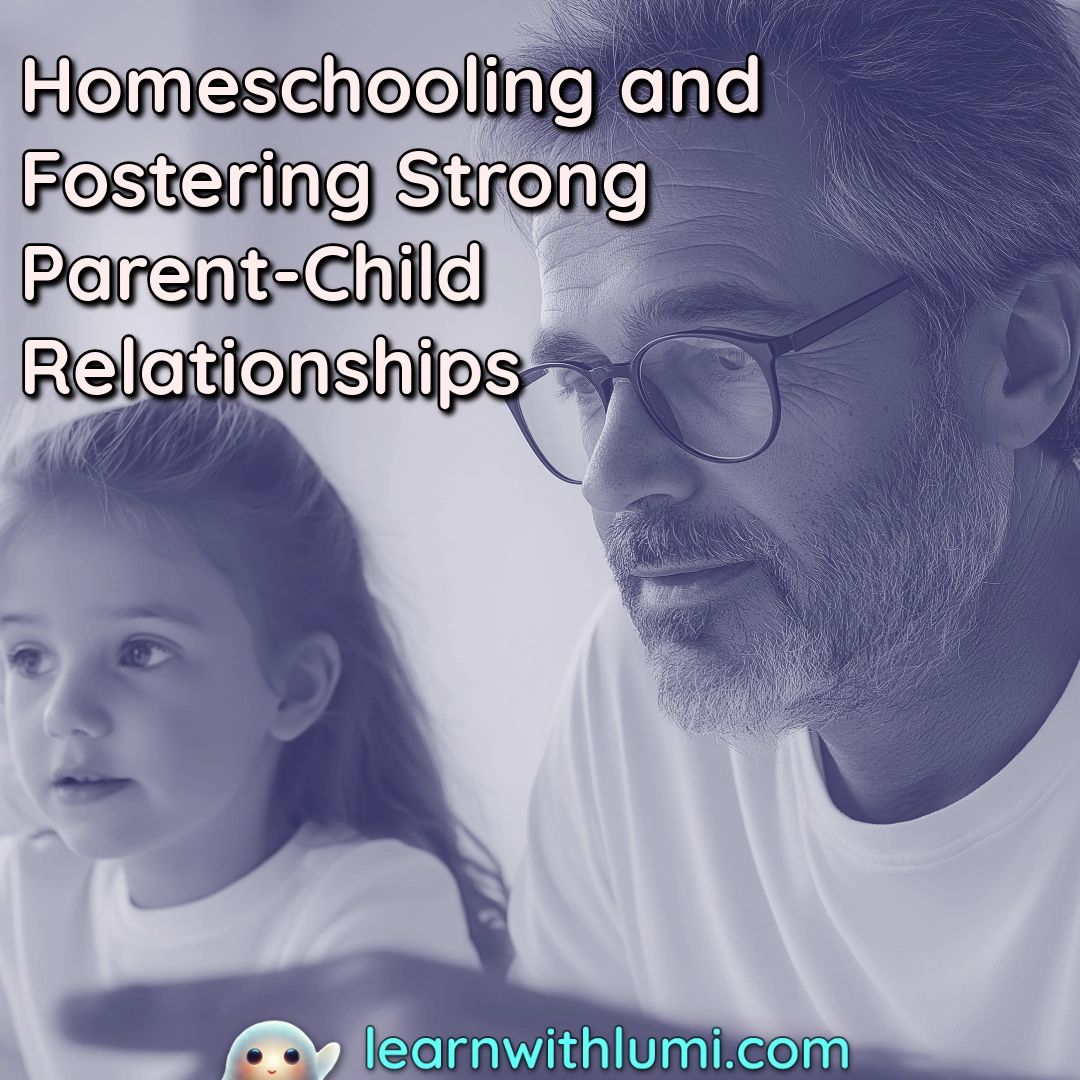
Homeschooling and Fostering Strong Parent-Child Relationships
7 min read
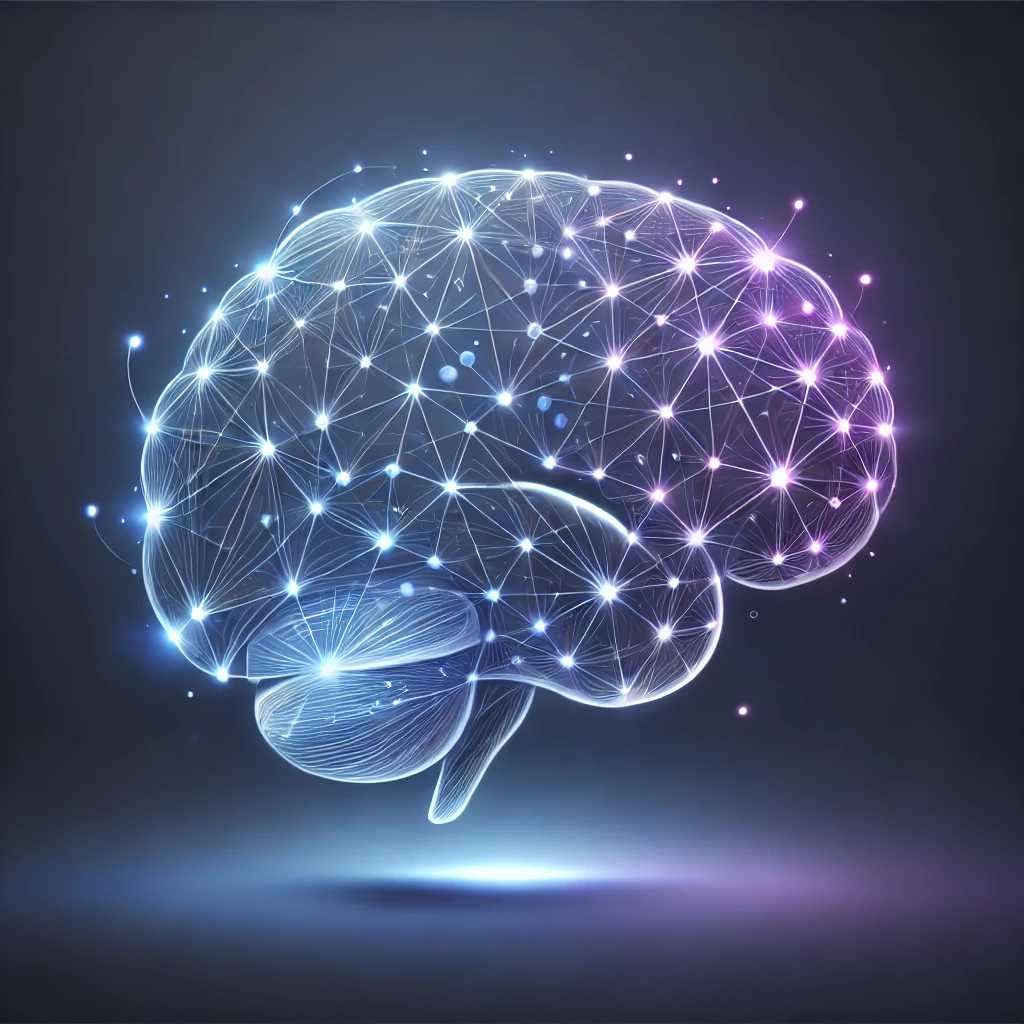
Why Understanding LLMs is Essential for Today's Students
11 min read
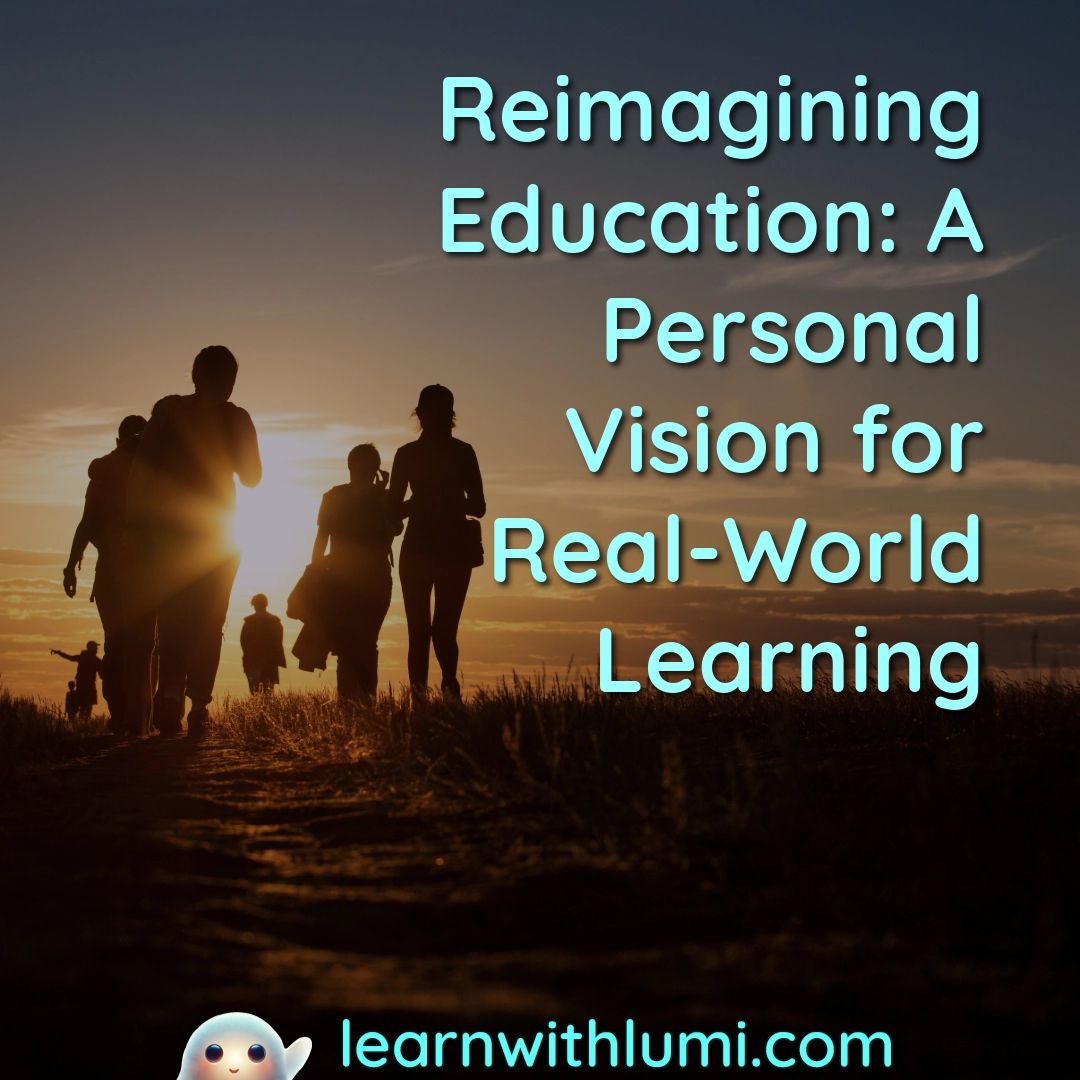
Reimagining Education: A Personal Vision for Real-World Learning
6 min read
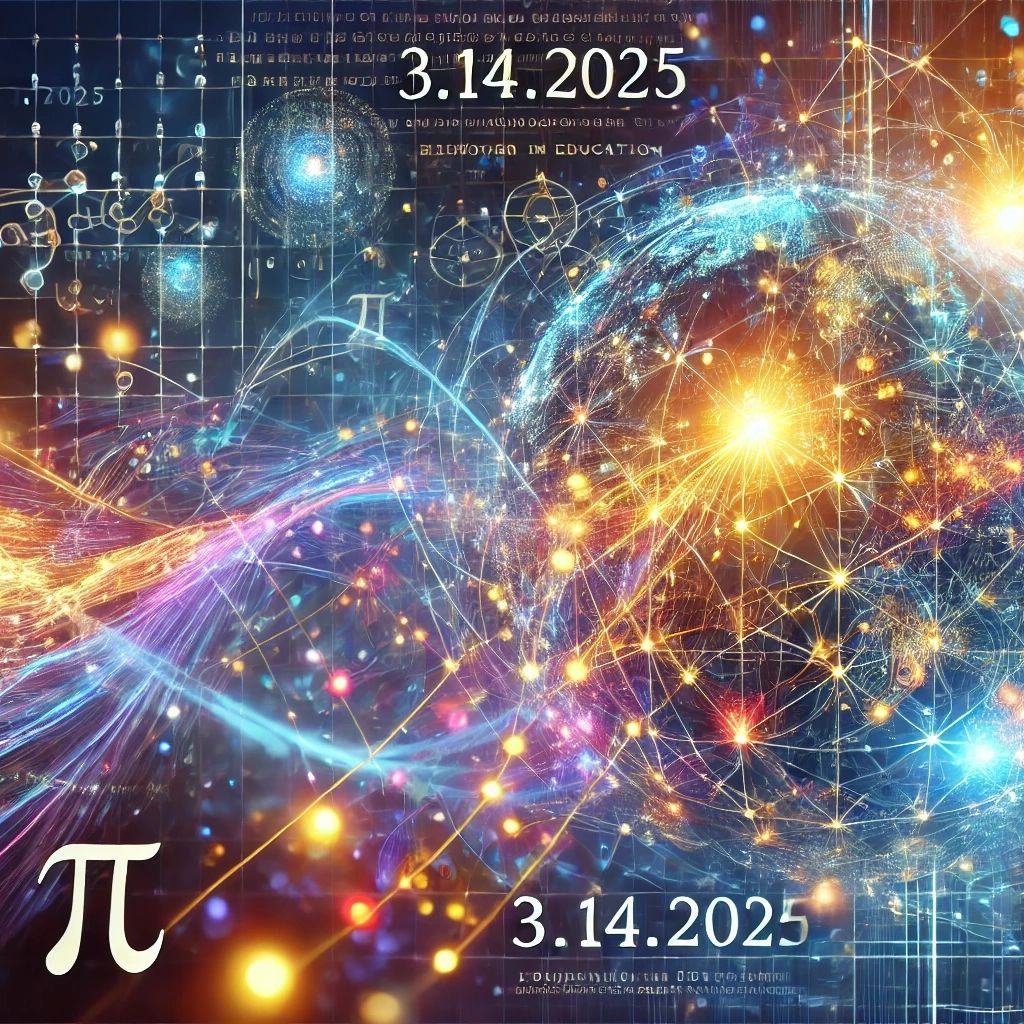
Transformative Impact of AI on Educational Landscapes
8 min read
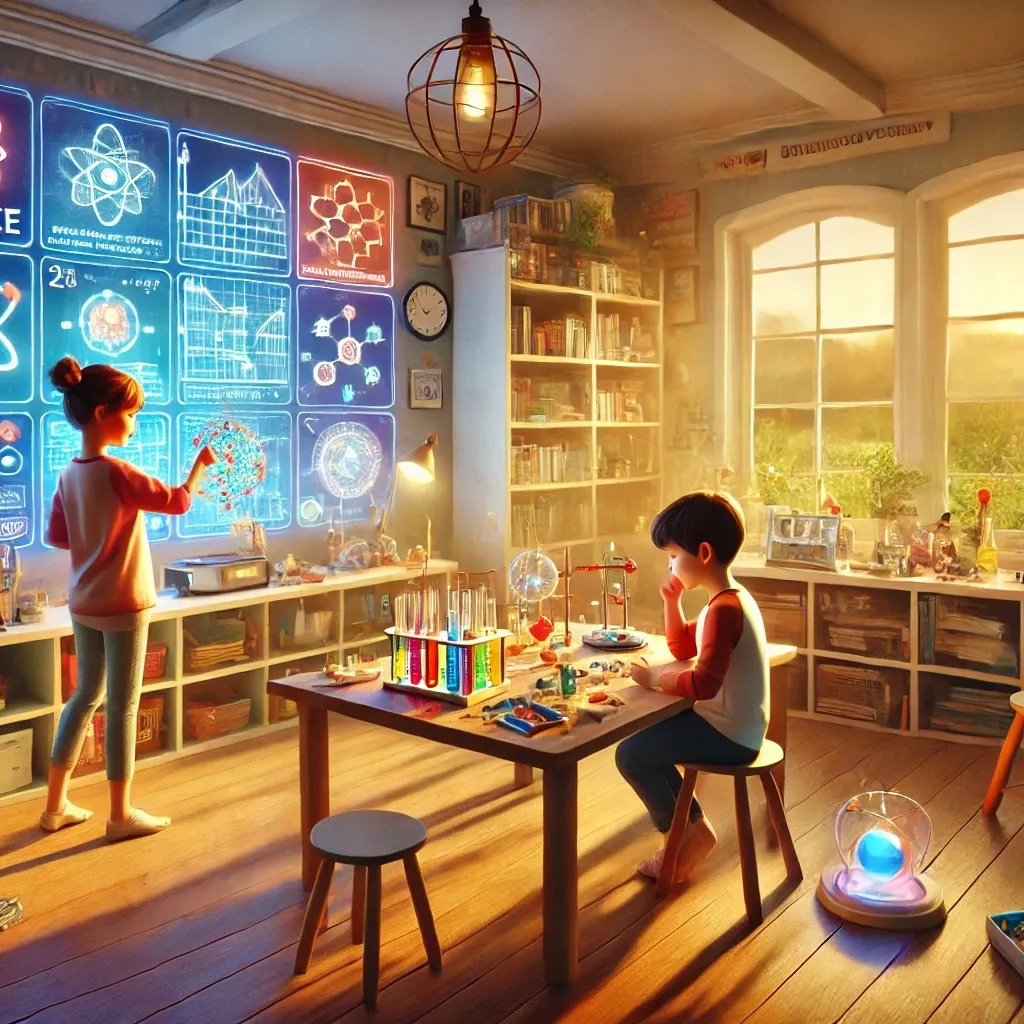
Homeschooling and Independent Learning STEM
9 min read
